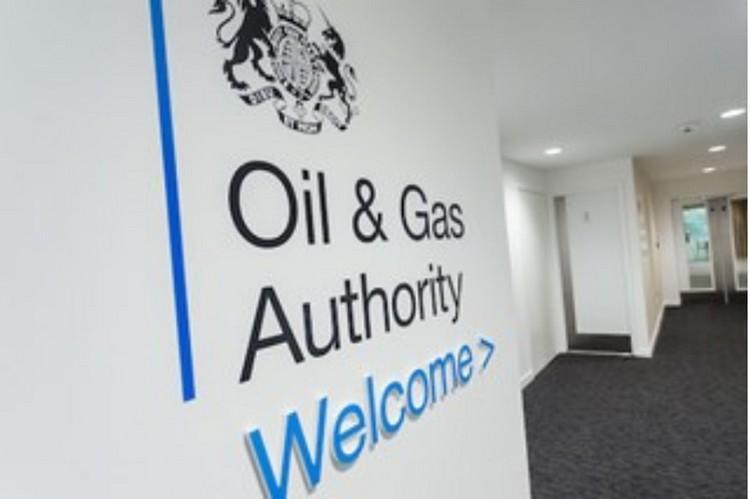
The Oil and Gas Authority (OGA) is to move ahead with plans for a UK-first database which is “vital” for maximising North Sea recovery.
In a survey published today, the regulator has received strong backing for the National Data Repository (NDR), which will be funded through an increased levy for offshore license holders.
The free service, which will be operational next year, will provide timely and easily accessible petroleum-related data, such as seismic maps and information on licenses and fields.
The OGA says the resource will help drive inward investment, new technologies and exploration activity to help recover reserves of up to 20billion barrels of oil equivalent remaining in the North Sea.
The first phase of the project will be based on the current UKOilandGasData.com website, which is subscription-based.
Nic Granger, director of corporate at the OGA said: “Having a UK NDR is vital to unlocking the huge prize of the United Kingdom Continental Shelf’s potential 10-20 billion barrels of resources.
“The OGA is committed to creating an environment where enhanced and trusted data can deliver extra value for our sector, and achieve maximum economic recovery from the UK.”
The project will be delivered through a two-year contract by Common Data Access Limited (CDA), a subsidiary of industry body Oil and Gas UK.
The OGA will later carry out a tendering process for further NDR services, with another contract to be awarded in January of 2021.
A survey published today, which included major operators including Shell and Statoil, shows that 28 of the 32 respondents backed the proposals to fund the NDR through a levy.
Malcolm Fleming, chief executive of Common Data Access Limited (CDA) added: “The effective collection and availability of well, seismic and other petroleum-related information is crucial to unlocking the significant remaining hydrocarbon potential of the UKCS.
“The UK NDR will play a central role in this and is a natural and very positive development for UKOilandGasData and for CDA.
“We are pleased that the necessary funding and regulatory mechanisms are being put in place for its sustainable future.”
Recommended for you

